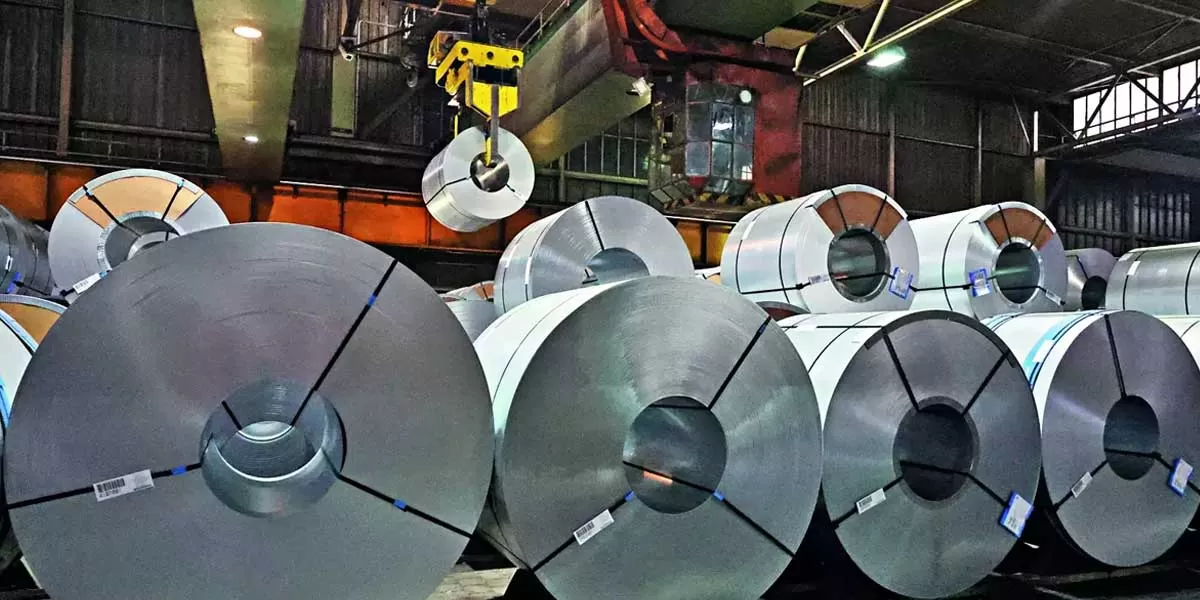
Jindal Advanced Materials Plans Fivefold Increase in FRP Rebar Capacity by FY26

SOCOMEC Unveils High-efficiency UPS Delphys XM & DIRIS A-100/A-200 Meters
Socomec, a leading global specialist in LV power management solutions, proudly announces the launch of its latest solutions – the DELPHYS XM, an advanced Uninterruptible Power Supply (UPS) system ranging from 300 to 800 kVA/kW, and the DIRIS A-100/A-200, the ultimate all-purpose panel-mounted power quality meters, specifically designed to meet the demands of modern Data Centres and other critical infrastructures. With the DELPHYS XM offering advanced power management capabilities and the DIRIS A-100/A-200 providing intuitive energy monitoring, these products are set to revolutionize how indu..

ASI Begins Underwater Archaeological Exploration in Dwarka
A team of five archaeologists from the Archaeological Survey of India (ASI), led by Prof. Alok Tripathi, Additional Director-General (Archaeology), has launched a new underwater exploration off the coast of Dwarka. The team, which includes H.K. Nayak, Dr. Aparajita Sharma, Ms. Poonam Vind, and Rajkumari Barbina, has chosen an area near the Gomati Creek for initial investigations. Notably, this marks the first time ASI has deployed a team with significant female representation for underwater research. The exploration is part of the revived Underwater Archaeology Wing (UAW) of ASI, which ha..

India Showcases Organic Strength at BIOFACH 2025
The Agricultural and Processed Food Products Export Development Authority (APEDA) showcased India’s rich organic farming legacy at BIOFACH 2025, held from February 11 to 14 in Nuremberg, Germany. The India Pavilion, inaugurated by Shri Shatrughna Sinha, Consul General of India in Munich, along with APEDA Chairman Shri Abhishek Dev, highlighted India’s growing influence in the global organic food sector. A key milestone of the event was the signing of a Letter of Intent (LoI) between APEDA and Nuremberg Messe on February 11, 2025, confirming India as the Partner Country for BIOFACH 202..














